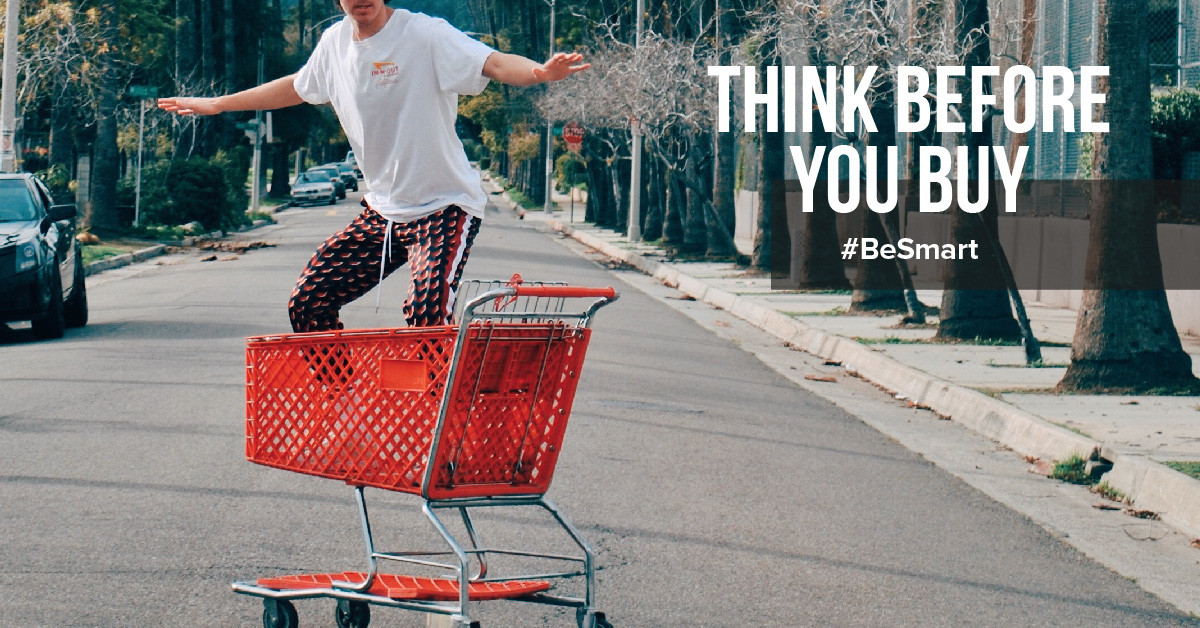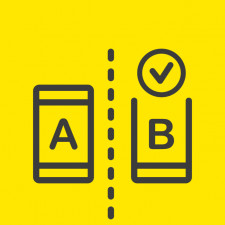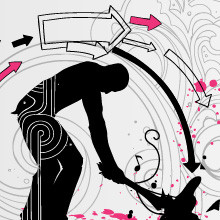Supply and demand must be in balance
If there is no demand, may there be supply and how do supply and demand stay in balance? It is a simple question with a complicated answer because not every offer has to be worthy of a demand. Do we want tusks from the endangered Bengal tiger to be promoted on the market if demand increases? Do we want healthy food to be promoted to combat obesity while at this moment it would make food more expensive for needy families and could lead to thousands of jobs being lost for supermarket workers?
The question of whether promotions may create supply is an ethical issue that is preceded by many moral issues. When I was one of the first to set the condition for new employees to drive electric cars, I knew that they were more harmful to the environment than all the other cars on offer. It was the Toyota Prius, and I have to say it wasn't even a bad car to see.

The problem was that the production of the batteries and in the future, the processing of the residual materials would cause more damage to our ecosystem than a fossil fuel-driven car. Yet I decided for myself that this was a better option in the longer term. The reason for me was that these types of initiatives need time to compete with the status quo.
Everyone now knows that electric driving (and other emerging initiatives) are better for the environment in all aspects than fossil fuel-powered cars, but the manufacturers who dared to develop this type of electric car needed a considerable mass to get there.
Sometimes you first have to do something less good to make something better
Without the millions of supporters, like me, electric driving would never have been a breakthrough. We all knew it had to be different. But which fossil fuel-driven car manufacturer dared to promote the offer while you know that in the short term it will not be better for anyone and, therefore, there should actually be no demand? Fortunately, Toyota was one.
Offer out of self-interest
The situation is different if a car manufacturer continues to pursue petrol-guzzling SUV’s for-profit and self-interest because they can use it to pay dividends to their shareholders. Then it is no longer a balance between supply and demand but about profit at the expense of raw materials, community, and our planet.
Only a handful of the rich get richer through smart sales tricks, and our descendants will soon have problems. And not only that! The rise of electric driving (and all alternatives thereof) is also being delayed.
The rational dilemma of supply and demand
If you have 400,000 employees who depend on a choice made decades ago, you cannot expect the CEO and executives to risk it all at once. They are usually hired to guard the fort. Not to rebuild or relocate the fort.
The job losses may cause more significant damage in the concise term than the "erroneous" offer. That can mean the ruin of the company that is not good for anyone.
But even if you are a starting entrepreneur who smells money and knows no better than that the purpose of life is to live in luxury. Can you expect that this starting entrepreneur will take a different approach than doing everything to earn a fortune? Even if it comes at the expense of our planet?
Consumers are responsible for accepting the offer
There have always been more buyers than sellers. Through all the information resources, in which Google is, of course, a significant player, it tends that the buyer can no longer hide behind smart sales or seduction techniques.
If the buyer no longer buys, the provider can still do so many tricks, but the product will not sell. You could, therefore, say that the power does not lie with the supplier, but with the - knowledge of the - buyer.
We know "everything" about celebrities, but nothing about advertising stories.
Some people can spend hours on gossip magazines, know everything about the latest fashion or the best football players. Do not tell them about how your quarterback should play or which pastel tone is fashionable this month. That does interest them. However, promotion or advertisement works wonders on a subject they are not interested in.
If the statement is that you can raise demand, it says something about the buyer's ignorance and, in particular, disinterest. Not just on the seller’s “cunningness” or “trickery” in offering something. So instead of placing responsibility with the provider, it would be more effective to lay down the challenge of balancing supply and demand with potential buyers. Then the "wrong providers" will die out automatically.
Buyers are stupid and sellers smart
Some people believe that they are the victims of smart sales tricks. Yet you are the one who accepts something that is told, pulls your wallet, and makes the payment. As if you can just believe everyone on his or her word!
Imagine I tell you: “Deposit 1,000 Euros now, and I will make you so rich that within one week you will earn millions every month.” If you accept that, you have probably been living under a rock. Doesn’t the fact that there are criminals who are selling this and that while there are still people who are buying it says more about the buyers than the providers? Thieves, profiteers, and criminals are as old as the road to Rome. Why not invest in the vigilance and knowledge of the buyer?
-
Elena Seranovaserial entrepreneurUS$ 2,12 pm
-
Niels van der Lindenhead product & opsUS$ 1,42 pm
-
Lex OuburgSerial entrepreneurUS$ 0,57 pm
-
Billie Christelle Igabe#Growth MarketingUS$ 0,55 pm
-
Benno SchuuringBusiness engineeringUS$ 0,19 pm



















